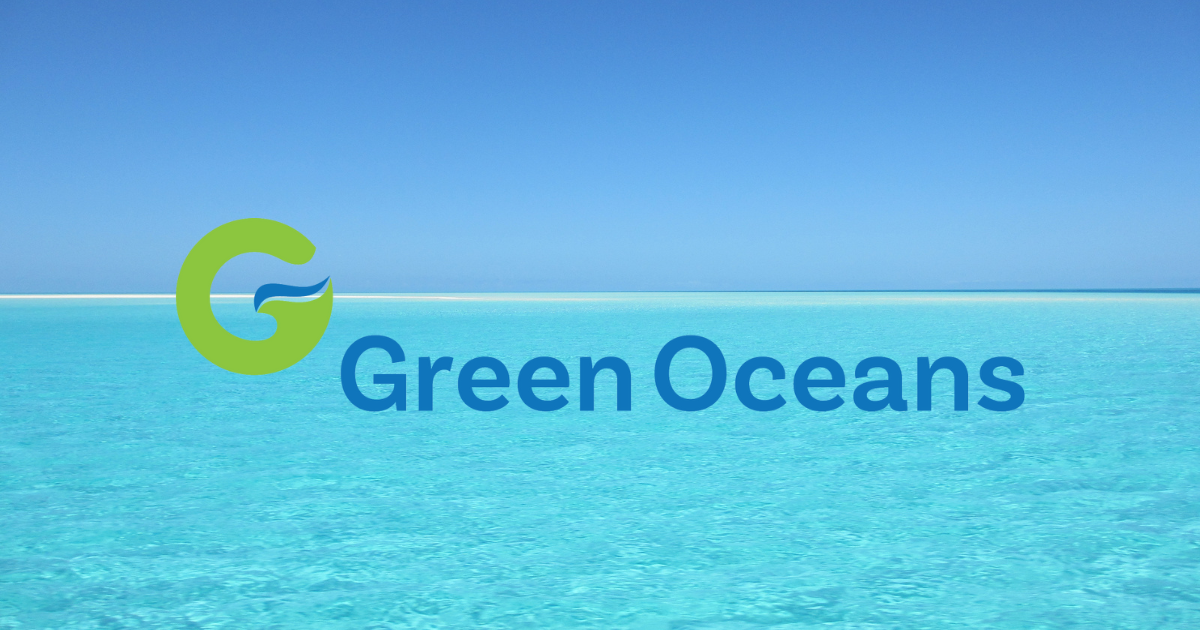I have authored and filed a petition-stage amicus brief on behalf of Green Oceans, an environmental group that opposes construction and operation of dozens of gigantic wind turbines on the Outer Contintental Shelf (“OCS”) off the Rhode Island and Massachusetts coasts. The amicus brief supports two pending certiorari petitions that seek review of a First Circuit opinion rejecting a commercial fishing industry challenge to the Vineyard Wind 1 offshore wind energy project, the first major project to be approved by the Department of the Interior’s Bureau of Ocean Energy Management (“BOEM”) under the Outer Continental Shelf Lands Act (“OCSLA”). See Resp. Offshore Dev. All. v. Dep’t of Int. (24-966) & Seafreeze Shoreline, Inc. v. Dep’t of Int. (24-971).
Watch this video discussing the brief.
The amicus brief argues that the Court should grant certiorari because this is a major questions case with vast potential consequences for the public and the environment. BOEM’s seizure of expansive regulatory power over how electricity is generated affects tens of millions of Americans who will be forced to incur the high cost of often unreliable and minimally beneficial offshore wind energy. It also threatens the existence of the commercial fishing industry, irreparably harms the ocean environment, and creates grave national security and safety risks.
More specificially, the brief argues that whether to authorize wind energy development on the OCS, and if so, under what conditions, are major policy questions intertwined with serious economic, environmental, safety, and national security concerns. Congress addressed these major questions when it amended OCSLA by enacting the Energy Policy Act of 2005. As amended, OCLSA mandates that BOEM “shall ensure” that each of 12 statutorily specified protective criteria is satisfied (e.g., protection of the environment; protection of national security) before an OCS wind energy project can be approved. See 43 U.S.C. § 1337(p)(4). As part of the Biden administration’s anti-fossil fuel agenda, BOEM arrogated to itself “wide discretion” to “weigh” and “balance” these mandatory criteria in a rush to approve whatever OCS wind energy projects is chooses. The major questions doctrine precludes BOEM from what it has done: second guessing the major policy decisions embodied in § 1337(p)(4) by essentially rewriting that provision’s requirement that each of the 12 criteria must be met.
In a Presidential Memorandum issued the same day he was inaugurated for his second term, President Trump recognized that leasing and permitting of offshore wind energy projects “may lead to grave harm.”
In a news release about the amicus filing, Dr. Lisa Quattrocki Knight, Green Oceans President and Co-Founder, stated that “[t]he agency took the law into its own hands and accomplished what? Unreliable electricity at ridiculously high prices whose production significantly harms the environment, destroys fisheries, and undermines our national security. Congress writes laws with explicit language for a reason.”
For additional information, email Lawrence Ebner, founder, Capital Appelllate Advocacy PLLC.

